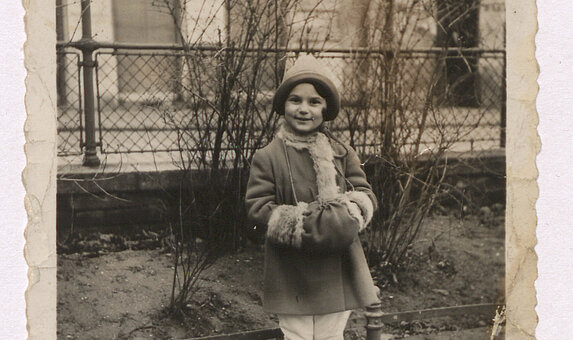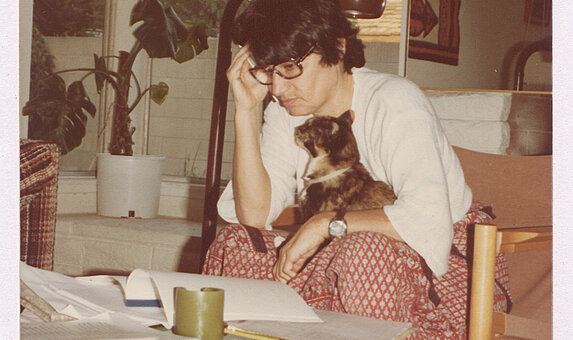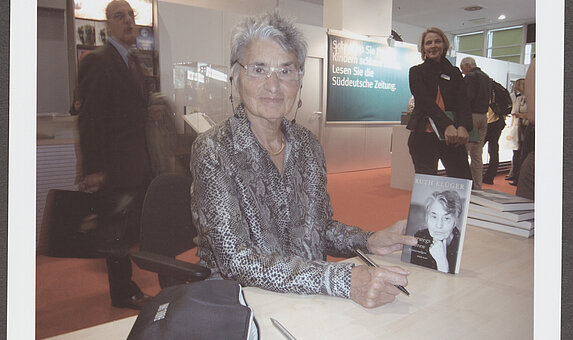Annual maintenance work will take place again this summer, which is why the reading rooms at the Heldenplatz location and in all collections will be closed from Friday, July 25, to Tuesday, August 5, 2025.
Due to the shutdown of the ordering system, no media orders can be accepted from Thursday, July 24, 2025, 4 p.m. to Tuesday, August 5, 2025, 4 p.m. The regular opening hours will then apply again from Wednesday, August 6, 2025.
The study room of the Albertina is closed from July 15 to August 15. During this time (except July 25 to August 5), media ordered from the Albertina collection will be transported twice a week (Monday and Thursday) to the reading rooms of the National Library on Heldenplatz and can be used there.
Starting August 1, 2025, the State Hall will open at 9 a.m.
Due to an event, the State Hall will be closed on August 4, 2025.
Ruth Klüger: Writing to Survive
On October 30, 2021, the Austrian-American literary scholar, writer and Holocaust survivor, Ruth Klüger, would have reached the age of 90. To mark the occasion, the Austrian National Library is dedicating a multi-faceted online exhibition to her. It commemorates a feisty and committed intellectual, whose relationship with her city of origin has never been simple. Ruth Klüger was born in Vienna in 1931. As the child of the Jewish doctor Viktor Klüger and industrialist’s daughter Alma Klüger, her childhood was marked by exclusion and persecution. While most of her family was murdered by the Nazis, Ruth Klüger and her mother survived the concentration camps at Theresienstadt, Auschwitz-Birkenau, and Gross-Rosen. After their escape in the spring of 1945 and intermediate stops in Straubing and Regensburg, the two women emigrated to the United States of America.
Some 50 years later, Ruth Klüger came to terms with the experiences of her childhood and youth by writing her book “weiter leben. Eine Jugend” (1992),1 which became a success and was translated into many languages. As the testimony of a female Holocaust survivor, the work was seen as unique and celebrated by readers and critics as a literary sensation. By that time, the professor emerita at the University of California, Irvine, could already look back on a successful career as a literary scholar.
The online exhibition traces the life, work and impact of this tenacious fighter for justice. Many unknown manuscripts, photographs and historical documents as well as film clips and sound recordings provide insights into her life and writing. Her work and person continue to live on in her literary and academic estate at the Literary Archive of the Austrian National Library.
1 Later published as “Still Alive” (2001) and as “Landscapes of Memory. A Holocaust Girlhood Remembered” (2003).




